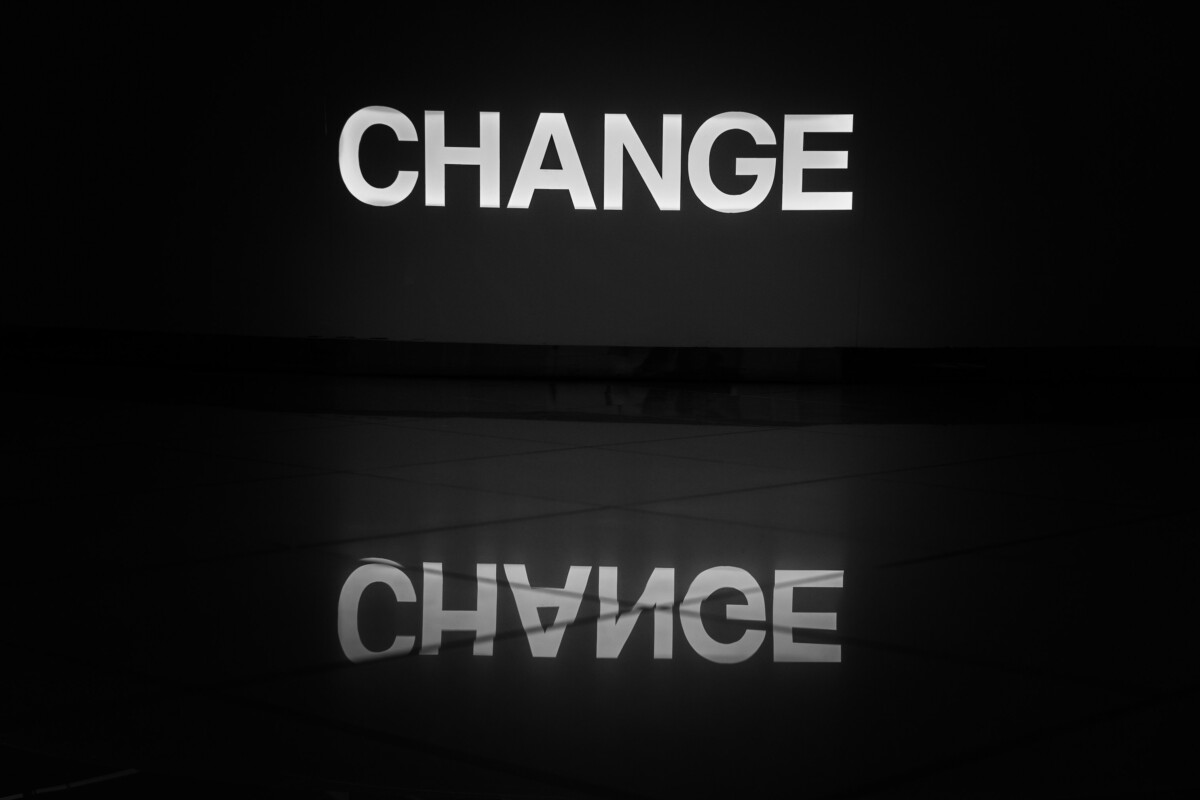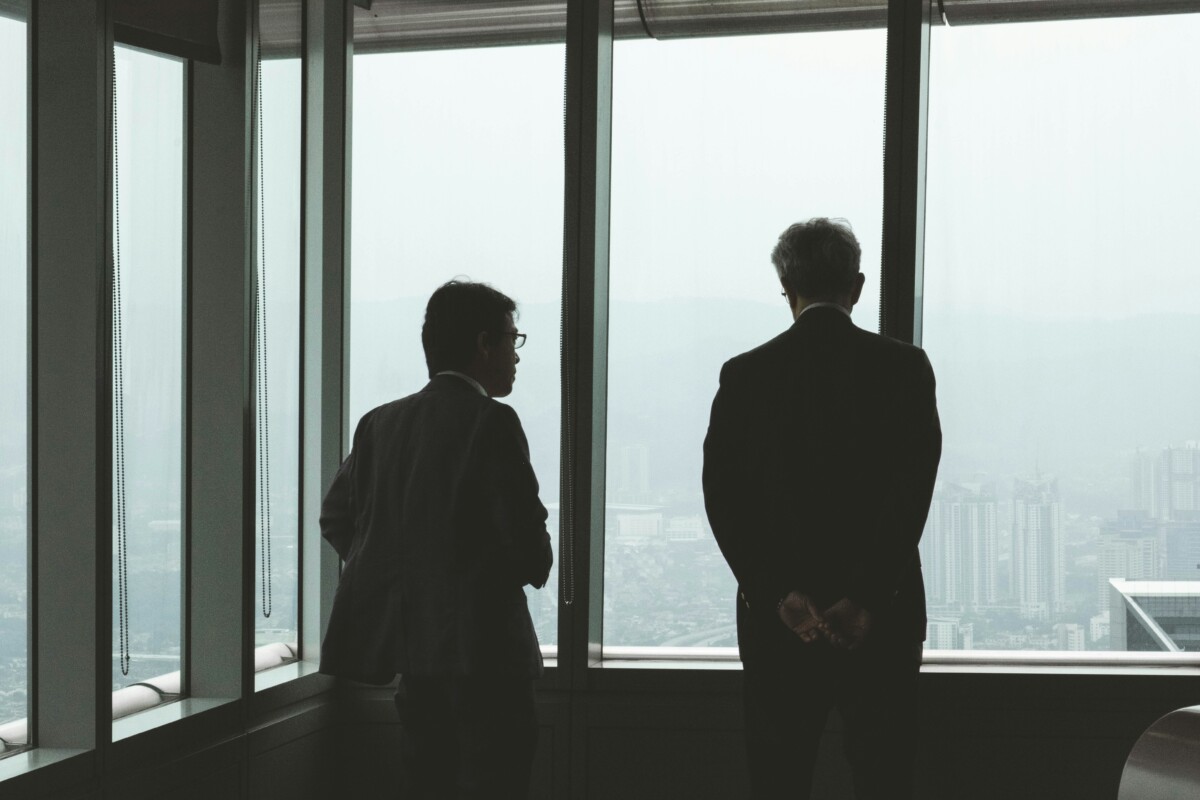Why Accountability Must Start Long Before the Boardroom
Listen to the full podcast episode on YouTube, Spotify, and Apple Podcasts.
There’s an uncomfortable truth lurking in the conversation around ethics, governance, and corporate responsibility: most leaders only think about accountability when they’re forced to. By then, it’s usually too late.
For Andy Norris, that’s the crux of the issue. Accountability, he argues, doesn’t start with frameworks, board charters, or glossy ESG reports. It starts with people. And more often than not, it starts with childhood.
“The lessons we absorb about fairness, right and wrong, and responsibility — they shape every decision we make, whether we’re conscious of it or not,” says Andy.
It’s an insight born not from textbooks, but from a career that’s spanned the operational trenches to the boardroom. Andy has worked with multinationals, advised on governance across sectors, and seen firsthand how flimsy accountability mechanisms can be if the foundations aren’t there.

🚧 The Flaw in Modern Governance
In today’s corporate landscape, governance often feels like a checklist. Diversity targets? Ticked. ESG policy? Published. Whistleblower hotline? Installed.
But as Andy points out, “You can have all the policies in place, but if people don’t truly feel responsible for their actions — if accountability isn’t part of the culture — those mechanisms collapse under pressure.”
It’s not about removing structures, but understanding their limits. Real change starts earlier, deeper.
🛠 Building a Culture of Pre-Boardroom Accountability
So how do organisations embed this ethos? Andy suggests three starting points:
✅ Values before policies: Hire for integrity, not just technical skills.
✅ Reward the uncomfortable: Celebrate those who raise concerns, even when it’s awkward.
✅ Model it at every level: Leaders set the tone — not with slogans, but with actions.
It sounds simple. It isn’t. It requires what Andy calls “the courage to care,” a willingness to have the difficult conversations long before crisis hits.

⚡ The Business Case for Ethical Foundations
Beyond the moral imperative, Andy is clear: ethical leadership isn’t just about ‘doing the right thing’ — it’s commercial common sense. Organisations built on genuine accountability attract better talent, weather reputational storms, and create long-term value.
“The companies that succeed,” Andy explains, “are the ones where responsibility isn’t an add-on — it’s part of the DNA.”
FINAL THOUGHT
In a world obsessed with quick fixes and external validation, Andy Norris offers a refreshing — and necessary — reminder. Responsibility doesn’t start in the boardroom. It starts long before.
The real challenge? Having the humility, at every level, to accept that.
Discover The Mark of Editorial Integrity
👉 Learn how truMRK helps organisations strengthen the credibility of their sustainability reports.
Want to be a guest on our show?
Contact Us.
The Responsible Edge Podcast
Queensgate House
48 Queen Street
Exeter
Devon
EX4 3SR
Recognition.
Subscribe Now.
Subscribe below to receive a monthly email featuring all new episodes of The Responsible Edge Podcast.
© 2025. The Responsible Edge Podcast. All rights reserved.
The Responsible Edge Podcast® is a registered trademark.
Sponsored by truMRK
© 2025. The Responsible Edge Podcast











